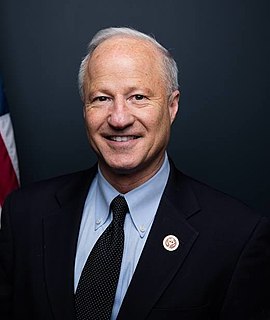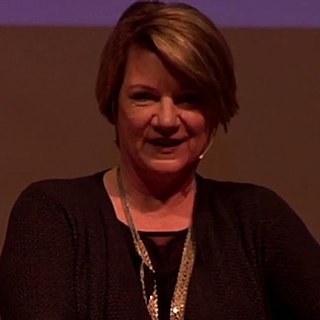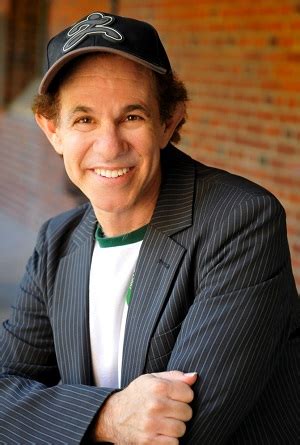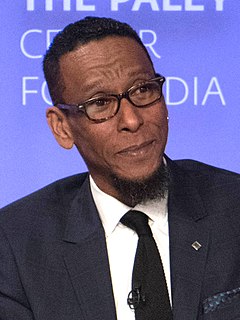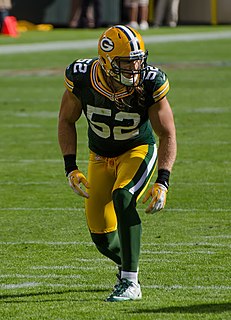A Quote by Peter Landesman
What interested me was the story of Bennet Omalu. You hear his narrative: Immigrant from Nigeria, landing in Pittsburgh, only to learn and tell the truth about this most American - and sacrosanct - cultural institution: the NFL.
Related Quotes
I would say plotting is the most difficult thing for me. Characterization is only hard because sometimes I feel I get so interested in it that I want to talk too much about the characters and that slows the story down. So I say, "Hey, people want to find out what's going to happen next, they don't want to listen to you spout off about this or that person." But I think even the bad guy deserves to tell his side of the story.


